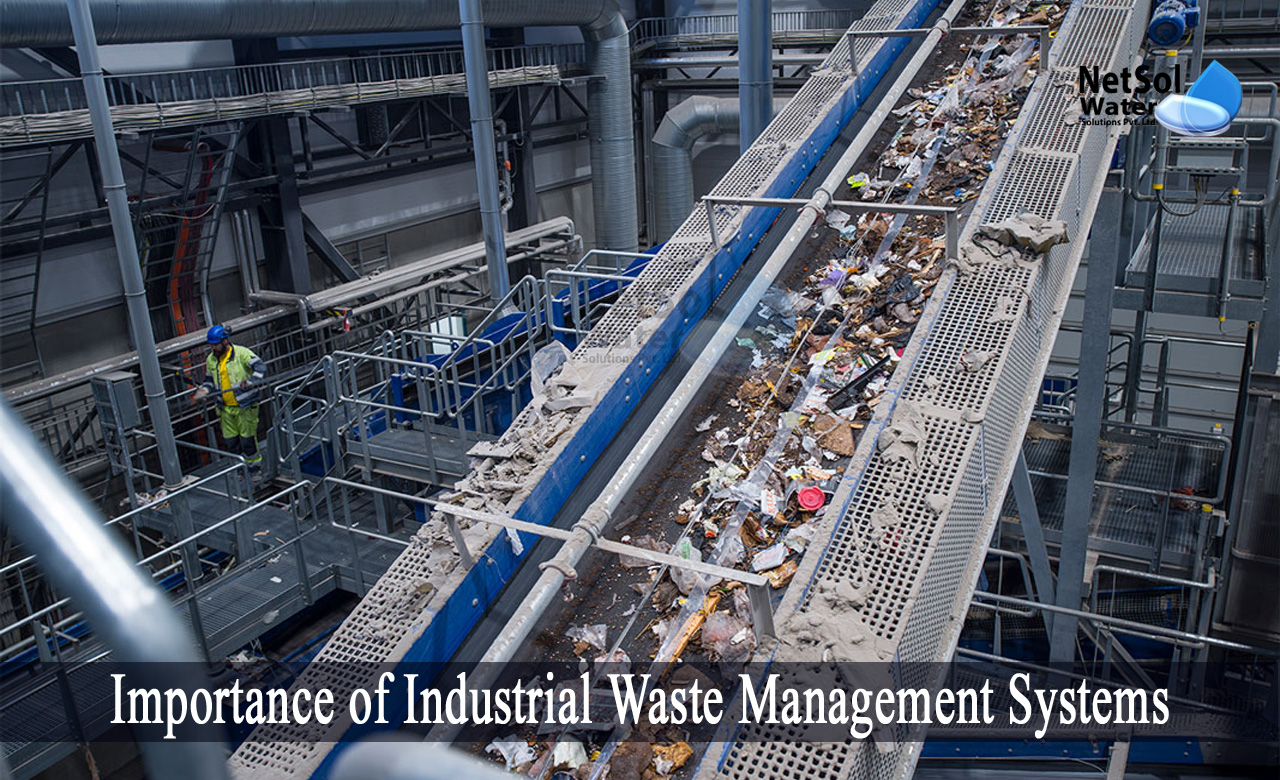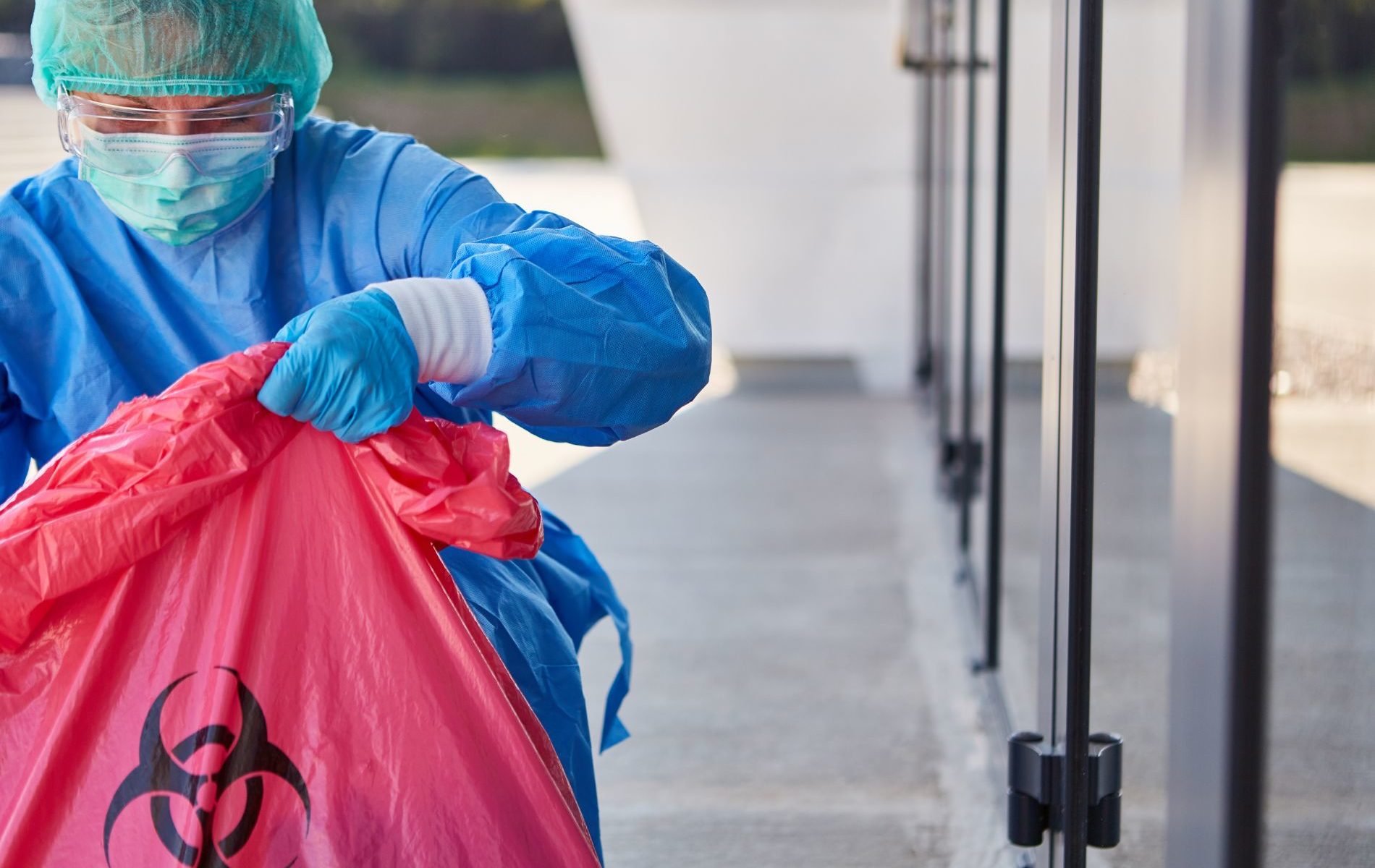The Single Strategy To Use For Reclaim Waste
The Single Strategy To Use For Reclaim Waste
Blog Article
The Ultimate Guide To Reclaim Waste
Table of Contents6 Easy Facts About Reclaim Waste DescribedThe Single Strategy To Use For Reclaim WasteHow Reclaim Waste can Save You Time, Stress, and Money.About Reclaim WasteThe Ultimate Guide To Reclaim Waste
Discover the types, occurrences, and types of liquid waste. Residential sewer waste describes the waste and products from a domestic septic system. This kind of waste is developed by people in homes, institutions, and various other structures. This only includes septic tanks that have a drainpipe field. The proper monitoring and disposal of domestic sewage waste call for liquid waste to be moved to a sewer treatment plant where the correct methods and equipment are related to cleanse and throw away waste.
Industrial waste frequently consists of possible risks, such as combustible products or a combination of liquid and strong waste items, and needs an extra advanced and thorough disposal process. The disposal of industrial waste typically includes the filtration of waste prior to transportation to make certain safe and appropriate disposal. Hazardous waste is produced from results and drainage of commercial procedures and manufacturing.
This kind of waste can not utilize the very same sewer administration transportation or procedures as septic or commercial liquids. The hazardous waste management procedure needs the evaluation and screening of fluid waste prior to it goes through the disposal process (industrial wastewater treatment). Runoff waste is the fluid waste that originates from drainage and excess stormwater in very populated areas or cities
Runoff waste can cause contamination and flooding if not dealt with effectively. Discover more regarding sewer cleaning and waste administration. Making certain appropriate waste monitoring can protect against calamities and reduce ecological injury. Both people in residential settings and specialists in business or production markets can gain from recognizing the processes and regulations of liquid waste administration.
Top Guidelines Of Reclaim Waste
Get in touch with PROS Providers today to find out about our waste monitoring and disposal solutions and the appropriate ways to take care of the fluid waste you create.
(https://penzu.com/p/1f225eb6893bd9aa)Do you know what happens to your water when you disengage, flush the commode or drain pipes the washing equipment? No? Well, it's worth knowing. This supposed 'wastewater' is not only an important source however, after treatment, will certainly be launched to our land, rivers or the sea. Made use of water from bathrooms, showers, bathrooms, cooking area sinks, washings and industrial procedures is called wastewater.

water used to cool equipment or tidy plant and devices). Stormwater, a type of wastewater, is overflow that moves from agricultural and urban locations such as roofings, parks, gardens, roads, paths and rain gutters into stormwater drains, after rainfall. Stormwater flows unattended directly to local creeks or rivers, at some point reaching the ocean.
All About Reclaim Waste
In Queensland, many wastewater is dealt with at sewage therapy plants. Wastewater is carried from domestic or industrial websites through a system of sewers and pump terminals, referred to as sewerage reticulation, to a sewage treatment plant. City governments construct, preserve and operate most sewage therapy plants. Operators are licensed under the Environmental Security Act 1994 to release treated wastewater at an acceptable ecological criterion right into rivers.
The Division of Natural Resources suggests city governments about managing, operating and maintaining sewerage systems and therapy plants. In unsewered locations, city governments might need homeowners to set up individual or household sewer therapy systems to treat residential wastewater from commodes, kitchens, restrooms and laundries. The Division of Natural Resources authorizes the use of home systems when Check This Out they are confirmed to be effective.
In some brand-new communities, treatment of some stormwater to remove trash, sand and gravel has actually begun making use of gross contaminant traps. Wastewater therapy happens in four phases: Eliminates strong matter.
Uses small living microorganisms understands as micro-organisms to break down and get rid of continuing to be dissolved wastes and great fragments. Micro-organisms and wastes are integrated in the sludge.
The Single Strategy To Use For Reclaim Waste
Nutrient elimination is not offered at all sewage therapy plants because it requires expensive specialised devices. Clear liquid effluent produced after therapy may still have disease-causing micro-organisms - liquid waste removal melbourne.

A lot of wastewater streams right into the sewerage system. Under the Act, local federal governments provide approvals and permits for environmentally pertinent activities (Periods) entailing wastewater releases that might have a neighborhood impact.
An Unbiased View of Reclaim Waste
Otherwise, examples are taken for laboratory analysis. Usually numerous examinations are needed to establish the degrees of each of the various contaminants such as oils, hefty steels and chemicals in water. Monitoring offers valid information regarding water top quality and can confirm that licence problems are being satisfied. The details acquired via monitoring offers the basis for making water quality choices.
Report this page